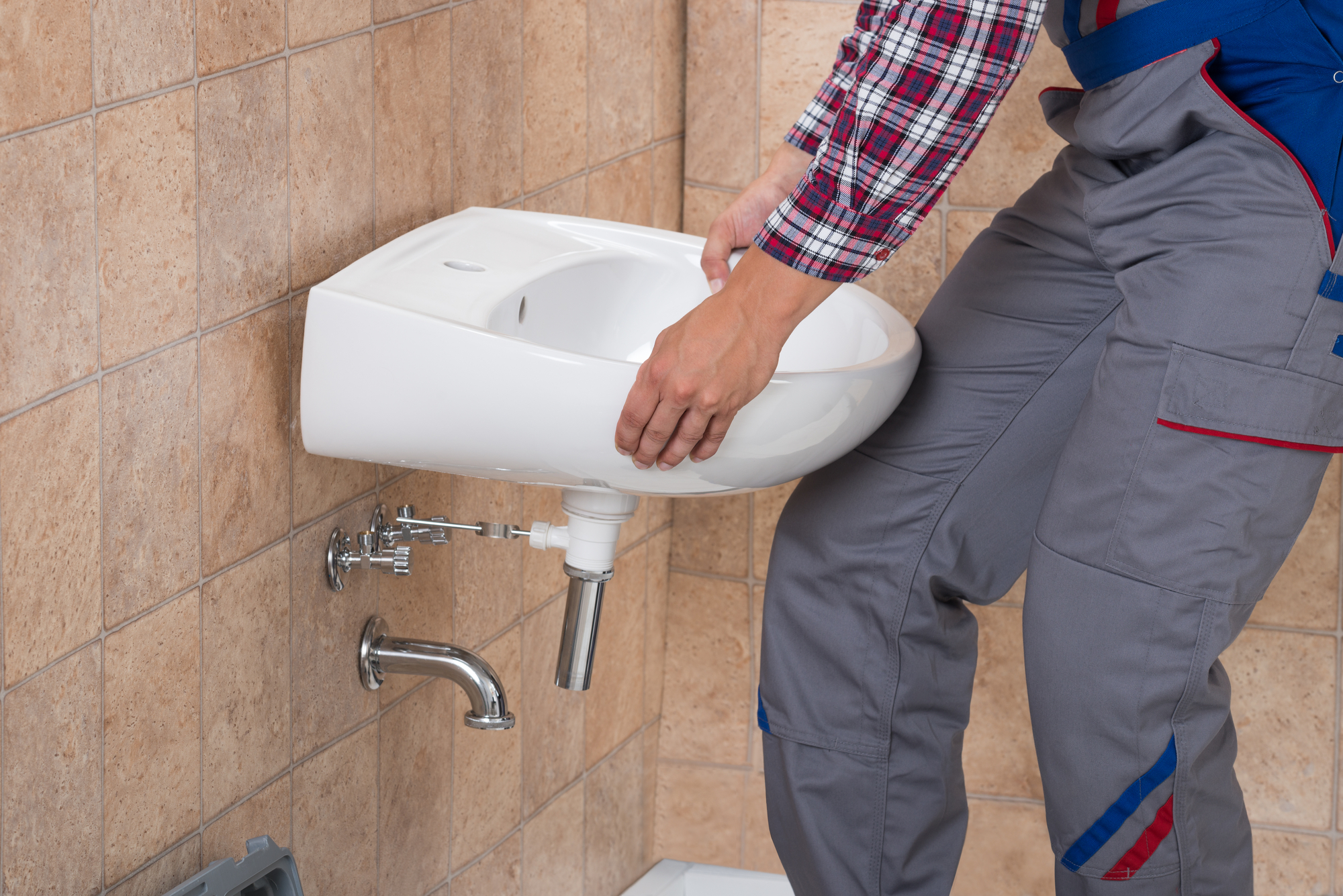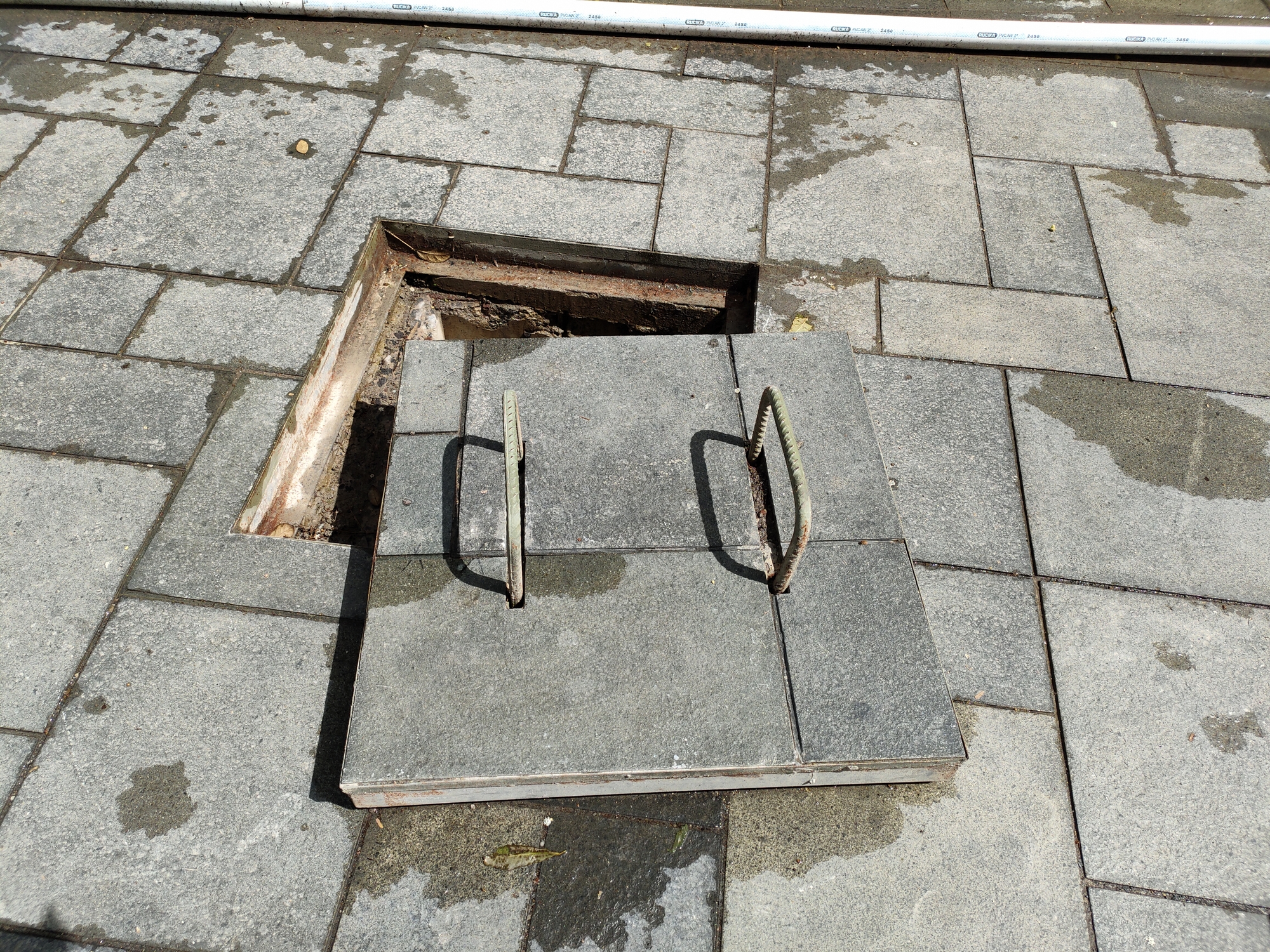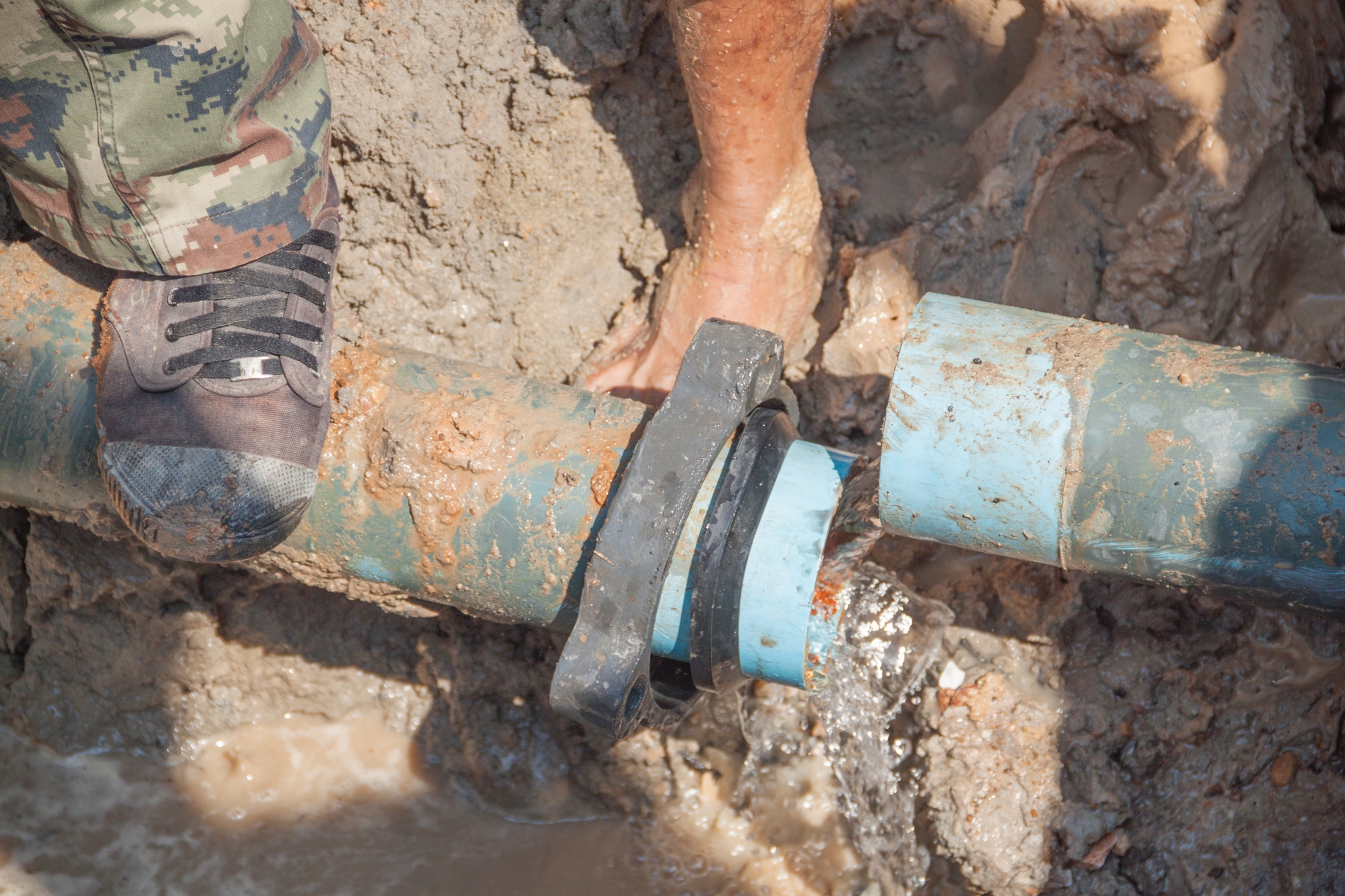As homeowners, many of us may have heard of various piping systems, but what exactly is this piping system that we hear about so often in the world of plumbing? In this article, we will explore everything you need to know about piping systems, including how they work, common types, and their importance to the overall plumbing system.
What is a Piping System?
A piping system, also known as a plumbing system, is a network of pipes, fittings, and valves that work together to transport water, gas, or any other fluid from one point to another. In a typical residential plumbing system, piping systems play a crucial role in delivering clean water and safely removing waste water.
How does a Piping System work?
The basic functioning of a piping system is quite simple. Water is transported from one location to another through a network of interconnected pipes. The first step is to tap into the main water supply line. This line is generally owned by the municipality and is responsible for providing clean and safe water to all the households in the area. The piping system is then connected to this water source, and water flows into the system.

In order to get water from the pipes, we need something that creates pressure. Water pressure is created by a combination of gravity and force. When water is supplied at a higher elevation than the point where it is needed, it naturally flows downwards, creating a gravity-powered force. However, in situations where water needs to flow upwards, either to reach higher floors in a building or uphill, other methods are required. In such cases, a booster pump is used to create the additional pressure needed to move the water.
Common Types of Piping Systems
There are various types of piping systems. Some of the most common are:
1. Copper Pipes – Copper is a popular material choice for piping systems due to its durability, non-reactiveness with water, and ease of installation. Copper is also resistant to corrosion and has a long lifespan, making it a popular choice for residential and commercial plumbing systems.

2. PVC Pipes – PVC is an acronym for Polyvinyl Chloride. PVC pipes are a cost-effective option for piping systems, but they are not recommended for hot water supply, as they tend to deform under high temperatures.
3. PEX Pipes – PEX stands for Cross-linked Polyethylene. PEX pipes are highly flexible, making them an ideal option for use in tight spaces where other types of pipes may not fit. They are also corrosion-resistant and can withstand extreme temperatures.
4. Galvanized Pipes – These pipes are made of steel and coated in a layer of zinc to prevent corrosion. Although they were popular in the past, galvanized pipes are no longer the preferred option due to their susceptibility to corrosion and their tendency to clog.
Importance of Piping Systems
Piping systems have a vital role to play in any plumbing system. They are responsible for the safe delivery of clean water and the removal of waste water. A well-designed piping system ensures that water flows efficiently throughout the plumbing system and eliminates any chances of contamination, which could lead to serious health problems.
Proper installation and maintenance are key to ensuring that your piping system lasts for a long time and operates efficiently. Regular inspection allows for the detection of any problems before they turn into costly repairs. Additionally, early detection of any leaks or issues can help save on repair costs and also prevent water damage.
Conclusion
In summary, a piping system is an essential component of any plumbing system. Understanding how it works and the different types available can help homeowners make informed decisions when it comes to installation and maintenance. Remember, regular inspections and proper maintenance of your piping system can help prevent costly repairs and ensure that your plumbing system operates efficiently for years to come. If you require any assistance with your piping system or any other plumbing-related concerns, visit our website aceplumbingrepair.com or call our experts at (844)711-1590 today.






